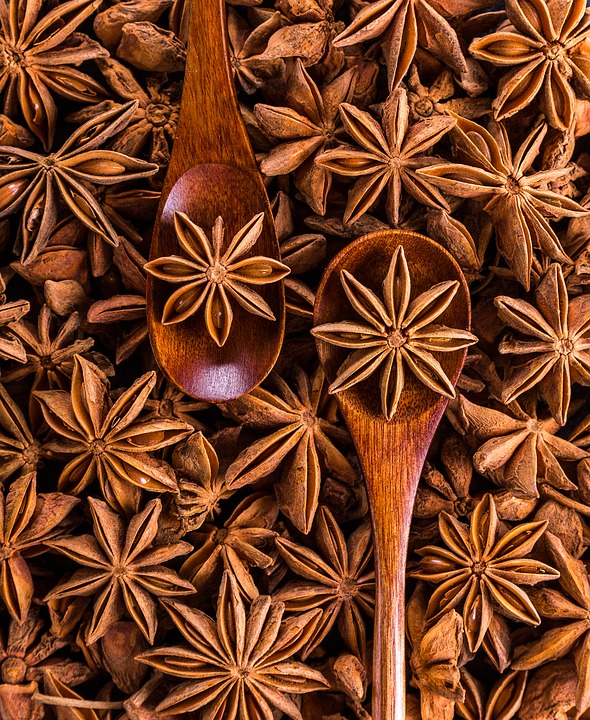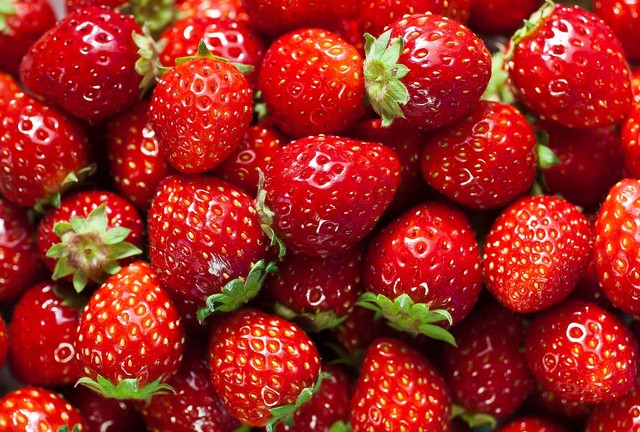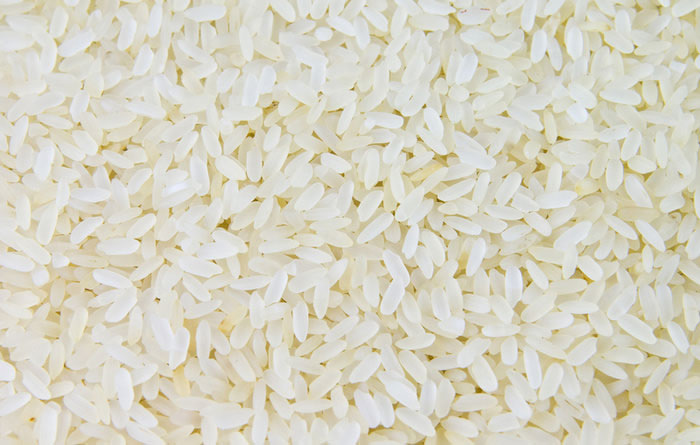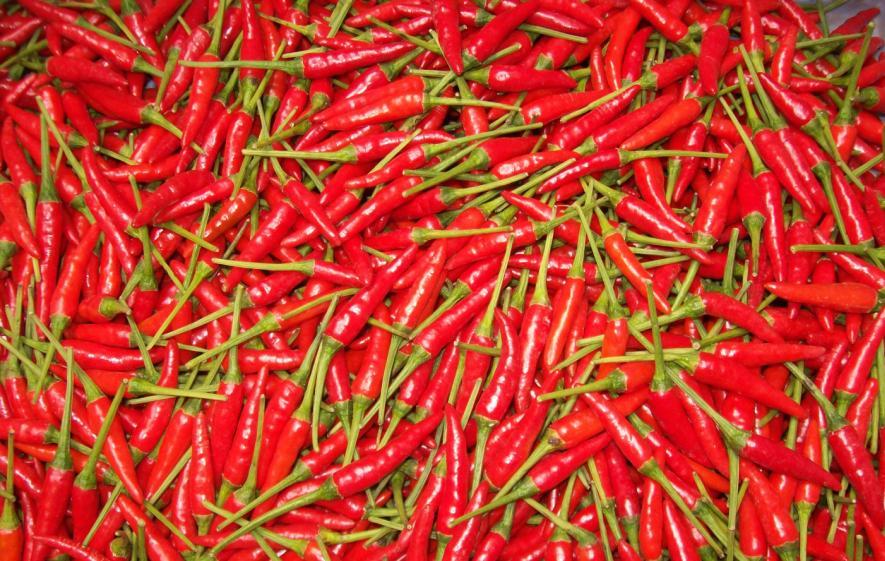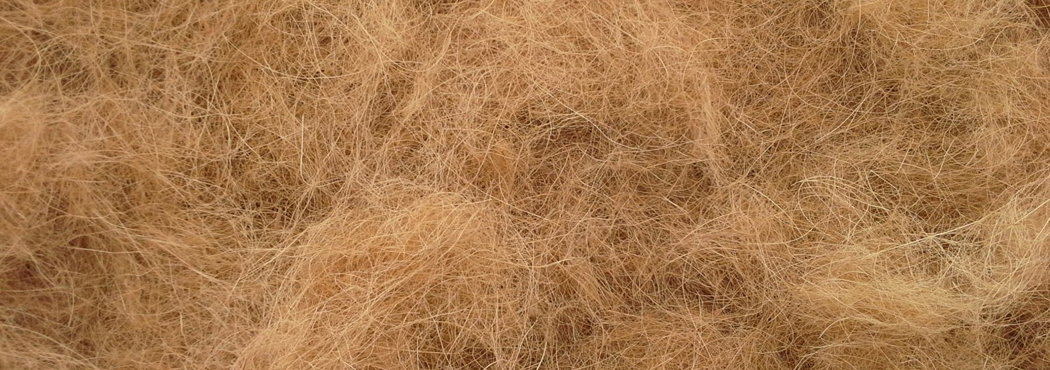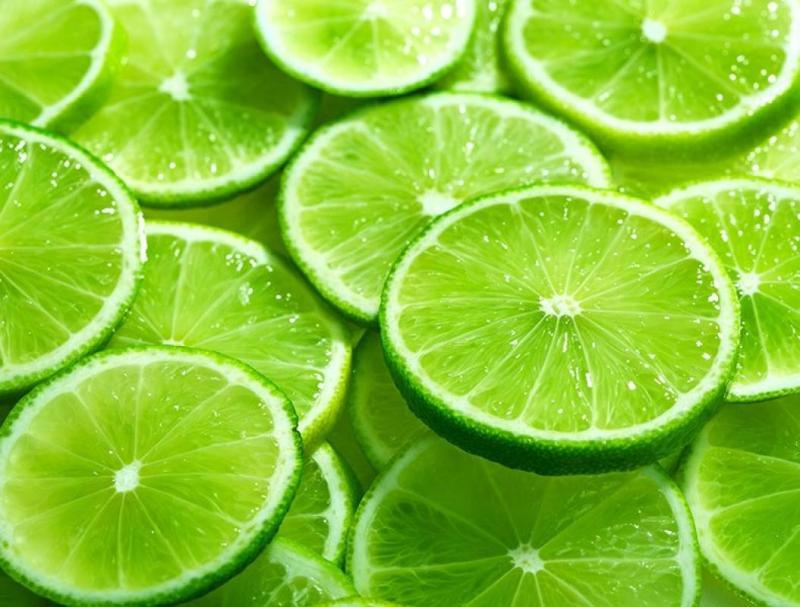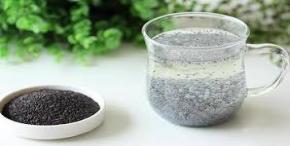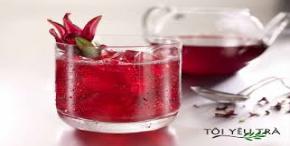News
Black fungus - Natural remedies for high cholesterol
Update: 7/10/2014

High blood cholesterol is a very common condition mainly due to our unhealthy diet. It is not a disease but a negative health condition that may contribute to many forms of diseases, especially cardiovascular diseases.
This article is mainly on how to reduce high cholesterol, and not about cholesterol. High cholesterol is defined as a measurement greater than 200 mg/dL. LDL cholesterol levels greater than 130 mg/dL and HDL cholesterol levels less than 60 mg/dL are considered high. So much for the technical measurement.
There are numerous natural foods that can reduce high cholesterol. Below are five such foods:
• Oatmeal or oats
• Eggplant or aubergine. Also known as brinjal
• Black beans
• Corn
• Enoki mushroom. Those little Japanese needle mushroom with tiny white caps.
However, the most potent one for reducing high blood cholesterol is the black fungus.
What is black fungus?
The technical name for black fungus is Auricularia polytricha or Hirneola polytricha. What a mouthful! It is also known by other equally interesting names: cloud ear; tree ear; wood fungus, ear fungus, mouse ear, and jelly mushroom.
The Chinese call it “yun er” which means “cloud ear.” Let us just call it Black Fungus. Black fungus is usually sold in dried form. There are actually two types of black fungus. The very thick one and the smaller flakey variety. Here we are referring to the thick black fungus. It measures around 5 to 8 cm (2 to 3 inches) and is black on one side and grey on the other.
Black fungus is very popular in Chinese cuisine. Although tasteless by itself, when cooked with other ingredients, it absorbed the flavor while maintaining its crunchiness. Black fungus is used in Chinese herbal medication to increase blood fluidity and improve blood circulation.
Black fungus can reduce high blood cholesterol.
Nutrient Composition
The focus on the nutritional value of brightly colored fruits and vegetables has unintentionally left mushrooms in the dark. Mushrooms provide a number of nutrients:
• Mushrooms are a good source of B vitamins, including riboflavin, niacin, and pantothenic acid, which help to provide energy by breaking down proteins, fats and carbohydrates2. B vitamins also play an important role in the nervous system.
o Pantothenic acid helps with the production of hormones and also plays an important role in the nervous system2.
o Riboflavin helps maintain healthy red blood cells2.
o Niacin promotes healthy skin and makes sure the digestive and nervous systems function properly2.
• Mushrooms are also a source of important minerals:
o Selenium is a mineral that works as an antioxidant to protect body cells from damage that might lead to heart disease, some cancers and other diseases of aging2. It also has been found to be important for the immune system and fertility in men3. Many foods of animal origin and grains are good sources of selenium, but mushrooms are among the richest sources of selenium in the produce aisle and provide 8-22 mcg per serving4. This is good news for vegetarians, whose sources of selenium are limited.
o Ergothioneine is a naturally occurring antioxidant that also may help protect the body’s cells. Mushrooms provide 2.8-4.9 mg of ergothioneine per serving of white, portabella or crimini mushrooms5.
o Copper helps make red blood cells, which carry oxygen throughout the body. Copper also helps keep bones and nerves healthy2.
o Potassium is an important mineral many people do not get enough of. It aids in the maintenance of normal fluid and mineral balance, which helps control blood pressure. It also plays a role in making sure nerves and muscles, including the heart, function properly2. Mushrooms have 98-376 mg of potassium per 84 gram serving, which is 3-11 percent of the Daily Value4.
• Beta-glucans, found in numerous mushroom species, have shown marked immunity-stimulating effects, contribute to resistance against allergies and may also participate in physiological processes related to the metabolism of fats and sugars in the human body. The beta-glucans contained in oyster, shiitake and split gill mushrooms are considered to be the most effective6.
Source: www.nativeremedies.com/
